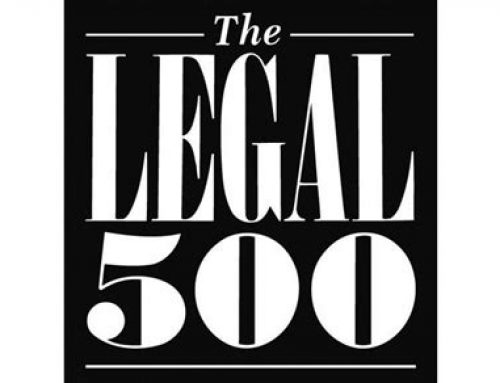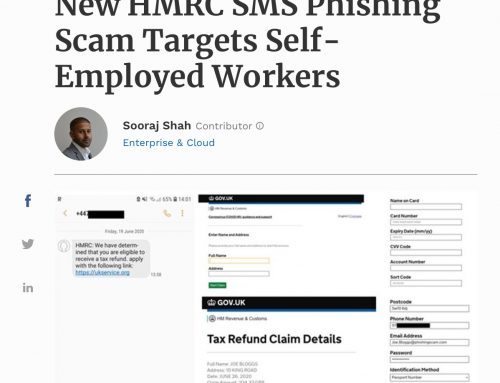In early 2017 the United Nations Secretary General admitted to 145 incidents of sex abuse involving 311 victims in 2016 alone, mainly in peace operations. Many of the victims were children. This piece was originally published on The Independent, 20 September 2017. It has been updated on the website to reflect developments in the story.
This week the news has been dominated by allegations of sexual misconduct by Oxfam aid workers. It has been reported that workers representing the charity in war-torn Haiti hired prostitutes who may have been underage, and downloaded illegal material. Since this information came into the public sphere, the Department of International Development has called for answers and the Charity Commission has launched a statutory inquiry into the organisation. However, as I reveal below, the sexual misconduct perpetrated by Oxfam workers is only the tip of the iceberg.
When we look to the scandal that has engulfed the UN for decades, which was first explored in March 2017, things become a lot more sinister. The UK’s National Criminal Intelligence Service, which registers and monitors the activities of paedophiles, has warned as far back as 1999 that the scale of paedophiles in the international aid world is on a level with sex tourism. This at first may seem shocking. But when one realises the good work of police forces to detect, prevent and prosecute paedophiles in our own communities is gaining in effectiveness, it is perhaps a predictable consequence that predatory paedophiles target the developing world. The sad truth then is the easiest way for a paedophile to gain access to children in the developing world is to work for a children’s charity.
What then are the aid agencies, particularly the United Nations, doing for training, prevention, detection and prosecution of paedophiles in order to send the signal that the aid world is no easy target? The truth is sadly, not enough, and it is time for the UK Government, that funds the UN and NGOs, to make our view heard. In early 2017 the United Nations Secretary General admitted to 145 incidents involving 311 victims in 2016 alone, mainly in peace operations. We covered this on these pages earlier this year.
Sadly, the 311 victims are only those who were brave enough to come forward to report the rapes and sex abuse. Many of the victims were children. The UN Secretary General confessed that this was only the tip of the iceberg. But how big is the iceberg? In September 2017 in New York, the Secretary General made a startling admission at a high-level meeting on the wings of the UN General Assembly meeting. Antonio Guterres said “sexual exploitation and abuse is not a problem of peacekeeping, it is a problem of the entire United Nations. Contrary to the information spreading that this is a question related to our peacekeeping operations, it is necessary to say that the majority of the cases of sexual exploitation and abuse are done by the civilian organisations of the United Nations, and not in peacekeeping operations.”
If the majority of cases are outside of peace operations, the admitted 311 cases in peace operations are less half the reported victims in a single year. The total may well be over 600 of known victims. In the United Kingdom about 14 per cent of rapes are reported. If we assume slightly less rapes are reported against the United Nations, a safe assumption given the environments in which the United Nations works, and assume 10 per cent, then that 600 victims could represent 6,000 real victims, in only one year – many of whom are children. That could mean 60,000 in a decade.
What is the United Nations doing in training, prevention, detection and prosecution of these crimes? When one looks at the United Nations’ own website and filters the data to see accusations for child sex crimes that have been investigated by the United Nations, found to be upheld, how many of these people have been reported back to police forces for prosecution? Not a single one – by the UN’s own data on their own data base. Thousands of victims and not one person in jail. So what should we demand of the UK Government?
If we are to continue to support the good works of the UN in other areas we must demand the best in class training, prevention, detection and prosecution of sexual abusers, particularly when it involves children. The United Kingdom should demand that the UN demonstrate that the organisation we fund has the best in class systems for training, prevention, detection and prosecution of child abusers. In September 2017 the UK did, through ex-Department for International Development head Priti Patel, deliver letters to UN agencies saying that funding will be contingent on cracking down on child abuse. The UK Government should be congratulated for this. But what about prosecution? Admittedly prosecution of peacekeeping soldiers can be problematic with responsibility falling to “troop-providing countries” but no such escape exists from prosecution of United Nations’ core staff.
Unfortunately, there is a Convention on United Nations Privileges and Immunities which gives legal protection from prosecution for a UN staff member performing his or her duties. Amazingly, some think that child abuse falls within the definition of “performing duties” and therefore legal immunity from prosecution should apply. If this turns out to be true and we put protection of child rapists before the protection of children, something is severely wrong. The UK Government should demand from the United Nations that it clearly states the organisation’s position on child abuse. Does the UN think perpetrating, aiding or assisting in child abuse is really “performing duties”? Will the UN insist on legal immunity for its staff? If by some moral abhorrence some person in the United Nations could even consider that child abuse is part of their duties, the convention allows the Secretary General to waive immunity “in the interests of justice”. What more justice can there be than protecting children from rape?
The United Kingdom must demand from the United Nations a permanent waiver of legal immunity for child sex crimes. What better action by the UK Government could there be than to ask for the UN to have the best in class training, prevention, detection and prosecution mechanisms to stamp out child abuse by UN staff?
Griffin Law is a dispute resolution firm comprising innovative, proactive, tenacious and commercially-minded lawyers. We pride ourselves on our close client relationships, which are uniquely enhanced by our transparent fee guarantee and a commitment to share the risks of litigation. If you have any specific questions regarding a property dispute, please email justice@griffin.law or call 01732 52 59 23.





